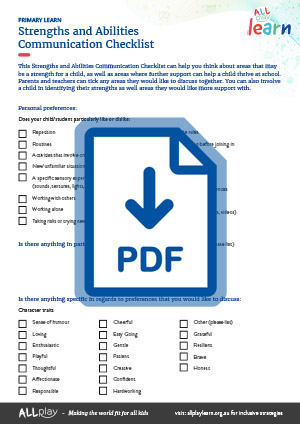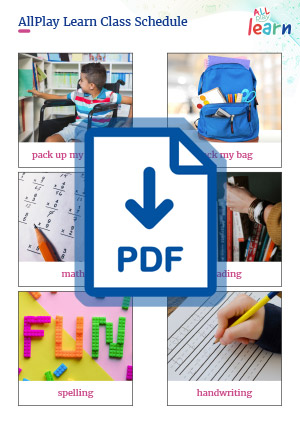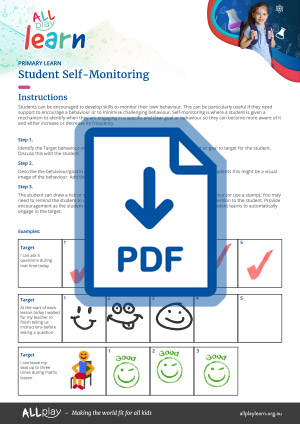Thinking/Cognition
On this page:

About thinking/cognition skills
Cognition is another word for thinking or understanding. It includes skills like how fast someone thinks, and their attention, reasoning, and problem solving. Children with disabilities or developmental challenges may face challenges with some types of cognitive skills. These will vary for each child. They may experience some challenges with how quickly they can think and their ability to understand. They might need information kept short and simple, and they may take longer to understand, think and respond. They may become tired quickly. New tasks can be harder for them to learn and so they might become frustrated. They may engage in challenging or disruptive behavior when feeling frustrated.
Children with developmental disabilities often have a unique profile of strengths and challenges in different areas of their thinking skills. They may show a great understanding of visual information but need extra time to process information or have trouble concentrating for a long time. Each child is unique and will need a tailored approach to their learning.
Some areas that a tailored approach may be helpful in include attention, learning and memory, processing speed, and planning and organisation. More general strategies for supporting a child who has challenges with their thinking are discussed below.

Evidence-based strategies
Consider adjustments to communication style
Consider adjustments to activities and rules
Provide lots of opportunities to practise
Make each session as structured as possible
Provide feedback
Work collaboratively

Best practice tips

Other considerations

Relevant resources
Visit our resources page for a range of resources that can help to create inclusive education environments for children with disabilities and developmental challenges. Some particularly relevant resources for children with attention issues include:



